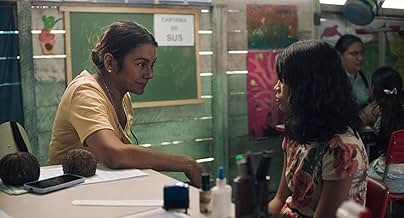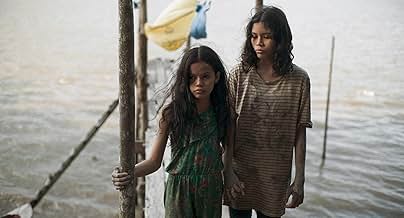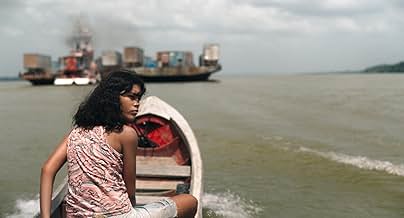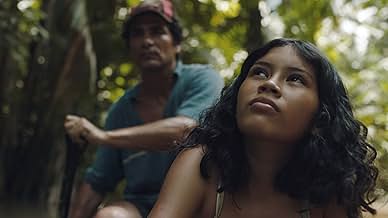Marcielle, known as Tielle, is 13 years old and lives with her family on an island in the Amazon rainforest. The only realities she knows are her house on stilts where everyone sleeps in the same room, the water and the pristine Amazon rainforest, the school, the church, and the store where you get what you need. There are no possible escapes, in her life, except in the barges that ply the river on which young and beautiful girls like Tielle can make some money (in what way is easy to figure out). At home they all sleep together in hammocks, but when Tielle's hammock breaks her father gladly houses her in his bed, and no one can say anything because there is nothing to say. Nor can anything be said when the father goes hunting in the thick of the Amazon rainforest taking only Tielle with him as help. The great merit of this story of child abuse is that the director talks about the violence without ever showing it directly, but making its characteristics and its immovability very clear. Violence in the family is there and is not discussed; it is seen as a natural fact that cannot be changed. Nor can the local police do much to help Tielle. The little girl will have to help herself, and she will do so with a lot of courage and determination. So much beauty (the unspoiled nature of the Amazon and Tielle herself, the beautiful young actress Jamile Correa) coexists with so much violence: but the film opens to hope, and that is another virtue of it.







